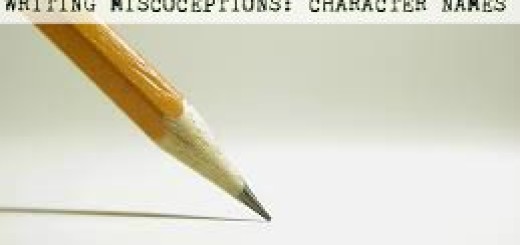What Else You Should Be Reading: Words Without Borders
Let’s get real. How many of you can name a contemporary author who writes in a language other than English? A poet? A journalist?
Words Without Borders is a publication driven by the idea that in America, a country that thrives on immigration, as few as three percent of books published in a year are works in translation according to the University of Rochester. It seeks to bolster that number, and fill the void in America’s collective literary consciousness of absent voices from around the globe.

But I hear the question bubbling on your lips: why the heck should I read literature in translation in the first place?
For the founders of Words Without Borders, there’s a simple answer. You enjoy food from other countries — you probably eat it on a regular basis and would find your diet lacking excitement without it, so why not nourish your brain and spirit the same way? We know that generally authentic Mexican-style tacos taste better than the Americanized stuff at Taco Bell, right? So wouldn’t independent, carefully-selected contemporary literature from other languages be of the same quality?
And now you’re saying: but literature in translation is never as good at the original, so I shouldn’t even bother!
Well, that’s not the point either! Of course you’re not going to be getting the same exact experience as a reader reading the piece in its original language, but you are still experiencing an entirely new piece of literature. Literature in translation is a tacit collaboration between the author and the translator — there are more layers at work, but you’re still welcome to take the piece in whatever way you do. Reading is still the same magical process. You never know what might hit you just right.
So whether you’re looking for a poem about the relationship between cutlery and love (translated from Polish), four short stories translated from Porteguese — one of which includes a decidedly pop-culture addition to the end of the second act of Hamlet (and potentially lots of murder), or an article titled “A Conversation with a Diamond Smuggler”, there’s an entire world to explore at Words Without Borders.











Let’s not forget Murakami.
Now name a poet!
ooh um..Pablo Neruda?! Don’t ask me to name 2 xD
But you know something, that was a lot harder to do. It’s true we need more diversity in the marketplace.
Ko Un! My favourite poet, and Brother Anthony of Taize, who translates from the Korean. Incredible example of why translation is a legit and limitless art form.